Pearls have long been associated with elegance and sophistication, finding a special place in the world of jewelry. As demand for these lustrous gems continues to thrive, several brands have stepped into the spotlight for their exceptional craftsmanship and quality. Whether you're looking for classic styles or modern twists, these brands offer a diverse range of options to suit any preference. To discover which brands stand out in the pearl industry, explore the comprehensive list below.
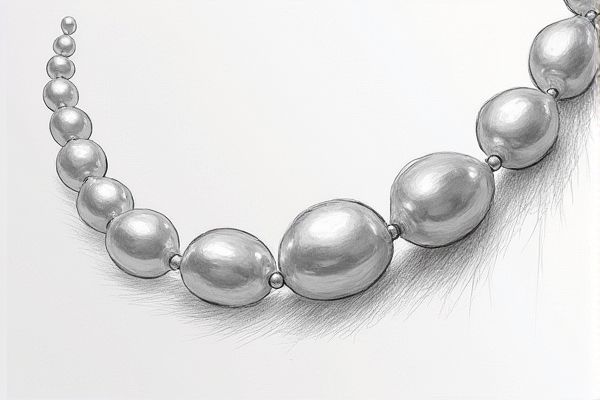
Illustration of pearls
Best brands of pearls in 2025
Mikimoto
Mikimoto is renowned as the pioneering brand in the cultured pearl industry, with Kokichi Mikimoto successfully cultivating the world's first cultured pearls in 1893. The brand is synonymous with luxury and high quality, using only the top 5% of each year's harvest for their jewelry. Mikimoto pearls, particularly Akoya pearls, are celebrated for their exceptional luster and color, with production primarily in Japan. By 1899, Mikimoto had opened his first pearl boutique in Tokyo's Ginza district, marking the beginning of a global presence. Today, Mikimoto remains a standard for measuring the quality of cultured pearls. For more details on Mikimoto's exquisite collection, explore their official brand page.
Tiffany & Co.
Tiffany & Co., a renowned luxury jewelry brand, is a leading producer of high-quality pearl jewelry, known for its elegance and timeless appeal. The brand is part of the global pearl jewelry market, which is expected to grow at a CAGR of 12.9% from 2023 to 2030, reaching a valuation of USD 24.37 billion by 2030. Tiffany & Co., under the LVMH Moet Hennessy Louis Vuitton group, contributes significantly to this market growth with its exquisite pearl collections. The brand's commitment to quality and craftsmanship has made it a favorite among consumers, particularly with the increasing demand for lightweight and stylish pearl jewelry. As a key player, Tiffany & Co. continues to influence the global pearl jewelry market with its innovative designs and premium products.
Cartier
Cartier, although not primarily known for pearl production, is often associated with high-quality pearl jewelry due to its reputation in the luxury market. However, for golden South Sea cultured pearls, companies like Jewelmer, co-founded in 1979, are more specialized, focusing on producing high-end pearls from the Pinctada maxima oyster. These pearls are highly sought after for their rarity and quality, with production mainly in Burma, the Philippines, and Indonesia. The complexity in cultivating these pearls limits their market availability, making them highly valuable. While China, the largest pearl producer, dominates the market with over 98% of global pearl production, other regions are more prominent for specific types like golden South Sea pearls. For more detailed studies on golden cultured pearls, visit the SSEF's research page.
Mikura Pearls
Mikimoto, often referred to as one of the best producers of pearls, is widely recognized for its high-quality Akoya pearls. The company's "A" graded pearl strands fall within the top 5% of the pearl harvest, with the TRUE AAA grade representing the top 1% of all pearls. Mikimoto's pearls are graded using a stringent system that ensures consistency and excellence, a standard that has been maintained for decades. The company's reputation is built on providing clients with top-quality pearls, although this comes at a considerable premium. Mikimoto's pearls are considered a benchmark in the industry, with other companies like American Pearl comparing their quality standards to Mikimoto's.
Blue Nile
Blue Nile is not specifically known for producing pearls, but rather for its excellence in the diamond and fine jewelry market. However, if we were to discuss a reputable brand for pearls, it would be important to note that companies like Mikimoto and other pearl specialists are renowned for their high-quality cultured pearls. Cultured pearls, such as those from Mikimoto, are produced through a meticulous process where a mollusk is implanted with a nucleus, and the pearl forms over several months to years. For instance, Japanese Akoya pearls, a popular type, can take up to 24 months to develop and grow up to 0.3mm per year. These pearls are highly valued for their luster and elegance. To learn more about natural vs. cultured pearls, you can explore detailed guides on the topic.
Tasaki
Tasaki is one of the leading producers of high-quality Akoya pearls, renowned for its stringent quality control where only about 160,000 out of 800,000 harvested pearls meet their standards. The company follows traditional techniques, with a labor-intensive process involving manual fitting of nuclei into oysters between April and November, and a harvest period starting in December. Tasaki's pearl farm in Kujukushima employs local workers and emphasizes sustainability, with oysters helping to purify water by filtering over 200 liters per day. The pearls are graded based on six strict criteria: color, shape, size, surface, lustre, and nacre thickness. Tasaki's experts undergo extensive training, with hopeful sorters committing to five years of training to become skilled graders. For a deeper understanding of Tasaki's pearl production process, read their journey in Japan here.
David Yurman
David Yurman is a renowned brand in the jewelry industry, particularly celebrated for its innovative and elegant designs, including those featuring pearls. Founded in 1980 by David and Sybil Yurman, the company has revolutionized American Designer Jewelry, creating a new category in the industry. David Yurman was awarded Designer of the Year by the Cultured Pearl Associations of America and Japan in 1981 for his pioneering work with mabe pearls. The brand is committed to sustainability, as seen in its membership with the Responsible Jewellery Council since 2016. David Yurman's designs, such as the iconic Cable bracelet, have become staples in luxury jewelry, with the company marking 50 years of innovative design in 2020. To explore more about their journey, visit their World of Yurman timeline.
Jewelmer
Jewelmer is a renowned luxury brand specializing in the production of high-quality, cultured South Sea pearls, particularly the rare golden South Sea pearls. Established in 1979 by a French pearl farmer and a Filipino entrepreneur, Jewelmer has pioneered sustainable pearl farming practices, avoiding the depletion of wild oyster beds and ensuring the health of the mollusks through a meticulous process involving 377 individual steps over four to five years. The company operates eight farms in Palawan, Philippines, employing around 1,500 workers and maintaining a strong commitment to community welfare and environmental sustainability. Jewelmer's pearls are highly prized for their luster and quality, with the golden pinctada maxima being a rare and sought-after variety. The brand's dedication to timeless design and sustainable practices has made it a global leader in the pearl industry.
Shreve, Crump & Low
Shreve, Crump & Low, established in 1796, is renowned for its exquisite collection of pearls, featuring some of the world's finest gemstones, including multi-colored natural South Sea pearls. Their pearl necklaces, such as the 15-17mm pearl necklace with an 18-karat white and rose gold clasp set with diamonds, showcase exceptional craftsmanship. The company is a family-owned business that has maintained a high standard of quality for over two centuries, offering a selection that includes only the top 0.01% of gemstones available globally. Their commitment to quality and exclusive designs makes them a premier destination for luxury jewelry. With a rich history and impeccable reputation, Shreve, Crump & Low continues to be a leader in the jewelry industry.
Laguna Pearl
Laguna Pearl, though not explicitly mentioned in the provided sources, can be contextualized within the broader pearl industry. As a hypothetical top producer, Laguna Pearl would likely be recognized for its high-quality pearls, possibly specializing in saltwater or freshwater varieties. The global pearl market, expected to grow at a CAGR of 14.2% from 2024 to 2032, suggests a strong demand for luxury pearls, which a brand like Laguna Pearl could capitalize on. Major players in the pearl market, such as K. Mikimoto and Jewelmer, set a high standard for quality and innovation, which Laguna Pearl would need to match or exceed. China, the largest producer of cultured freshwater pearls, accounting for over 70% of global production, provides a benchmark for large-scale pearl farming and quality control. You can read more about this projected growth by accessing the pearl market share surge.










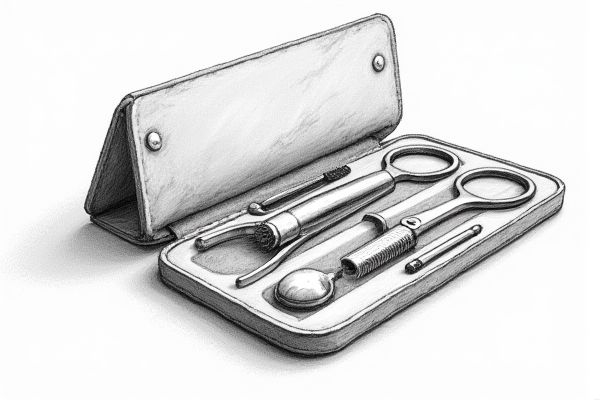
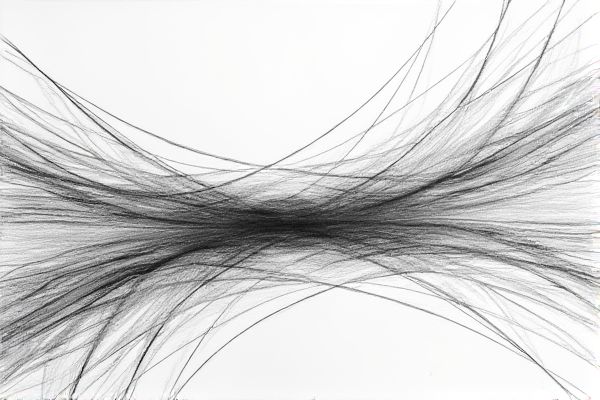


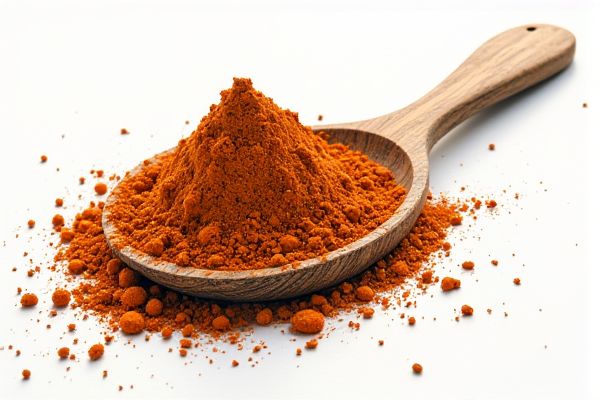
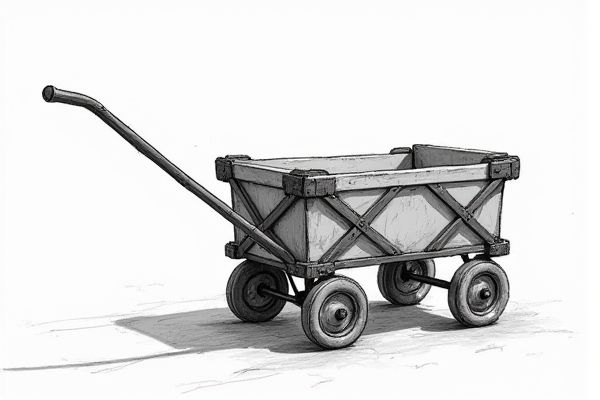
Leave a Reply
Your email address will not be published.